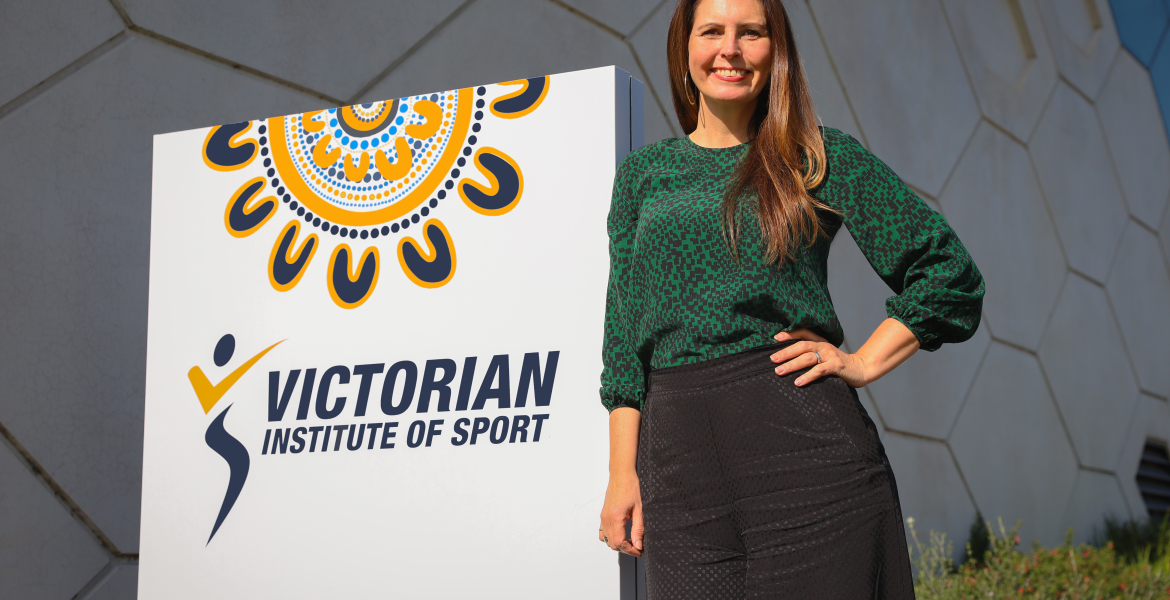You may have seen turmeric pop up around the place more frequently; in lattes, capsules, teas, rice and even beauty products. Let’s dig deeper at the claims of this popular ‘health food.’
Curcumin is the active component on turmeric and has been seen to interact with pro-inflammatory molecules, allegedly having a significant anti-inflammatory effect on the body. As with any new science, these claims have their limitations.
Most of the studies to date have been done on rats and mice, finding success with grip strength, improved muscle glycogen and reduced fatigue. The difficulty with curcumin is that it isn’t absorbed by the human body well and these studies are yet to be replicated in humans.
The best thing about curcumin, most commonly known as turmeric, is that it is very unlikely to be doing any harm. It can be added to foods to create vibrant yellow colours and enhance curries or rice dishes. So as far as the compelling research goes, the jury is still out, but it certainly won’t harm adding a bit of variety and colour to your food repertoire.




















